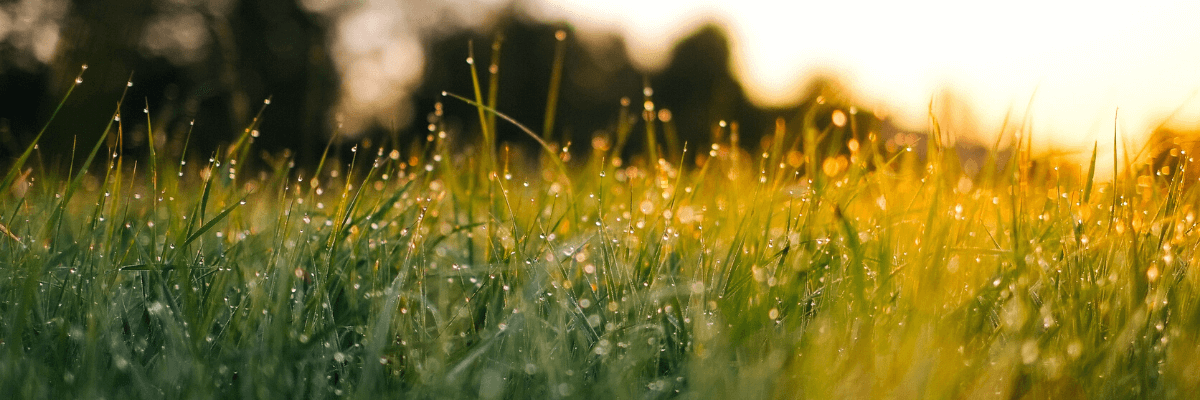
Six Ways To Manage Seasonal Allergies
If you think of spring and cringe at the thought of a sore throat, stuffy nose, itchy eyes, and sneezing, you might want to consider how you can prepare for a better season ahead.
Sometimes our immune system identifies seasonal pollens as dangerous invaders so it releases antibodies to attack and destroy. This includes releasing a chemical called “histamine” which removes harmful invaders by causing the body to sneeze, tear-up, itch, or whatever it takes to prevent the invaders from sticking around. These unpleasant symptoms can make spring feel dreadful, so consider these 6 ways you can naturally reduce or manage seasonal allergies.
Use An Air Purifier
Air filters can help trap allergy triggers which would otherwise travel around your home. This can be a simple first step in reducing symptoms you feel while indoors.
Try A Nasal Rinse
Mucous is meant to trap invaders, so naturally, pollen gets stuck in our noses. Rinsing the nasal passageways with a saline solution rinses out trapped pollen and can relieve allergy symptoms.
Diffuse Essential Oils
Essential oils such as lemon, peppermint, basil, and eucalyptus have been shown to reduce inflammation, ease coughing, and open up airways. Try diffusing them or mixing with a carrier oil for topical use.
Get Some Quercetin
When it comes to fighting allergies internally, quercetin is one of the most proven and effective nutrients around. This histamine-lowering compound can be found in foods such as garlic, onions, apples, berries, and black tea.
Drink Stinging Nettle Tea
Used medicinally for ages, Stinging Nettle has strong anti-inflammatory properties which can reduce allergic reactions.
Take Daily Probiotics
The majority of our immune function takes place in our intestine, meaning the environment of our gut is crucial to fighting allergies. Many studies show the benefits of beneficial bacteria in our gut for reducing allergy symptoms.
With a few of these natural changes, hopefully you will think of spring and delight at the thought of warmer temperatures and blooming flowers instead of worrying about how to handle your allergies.